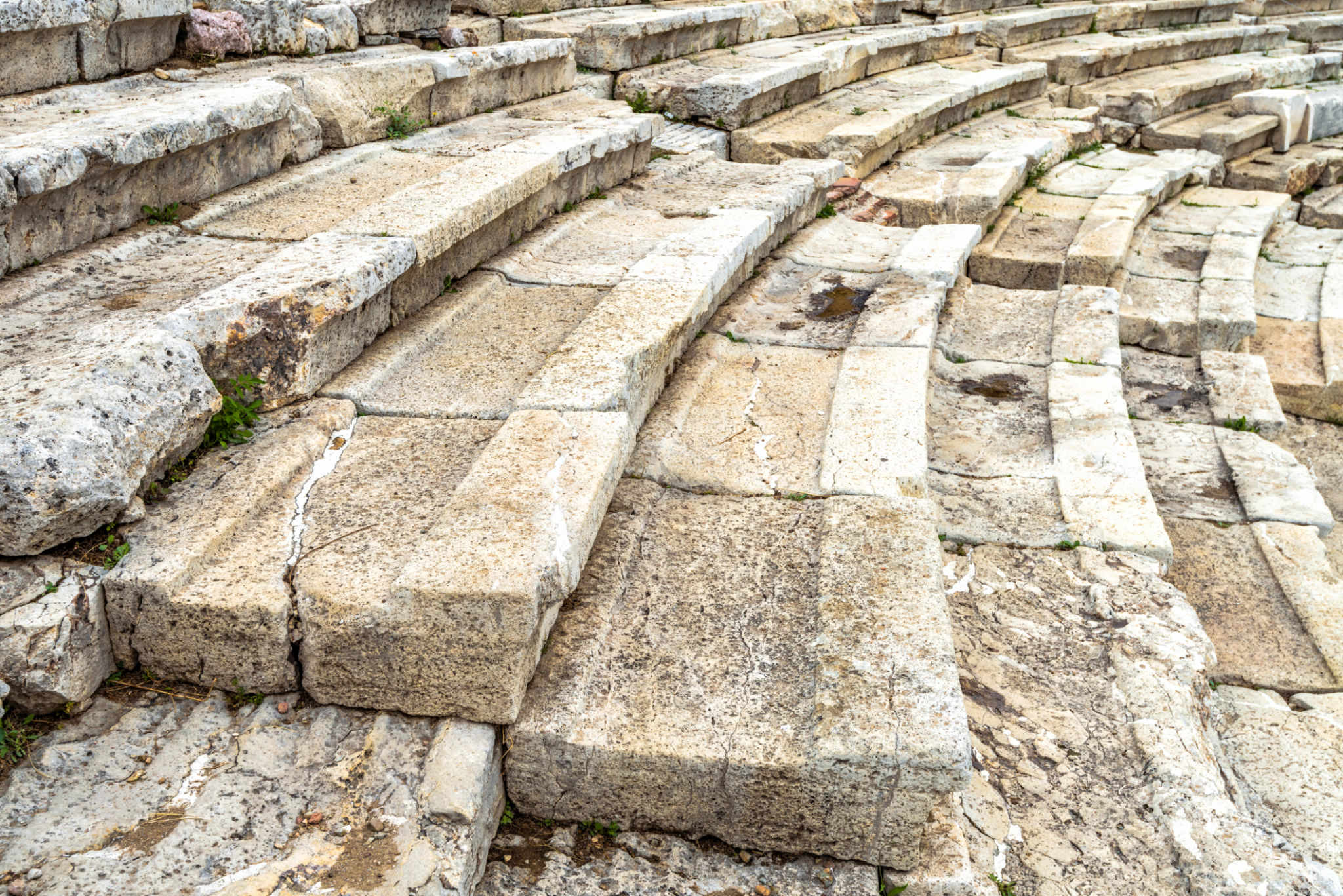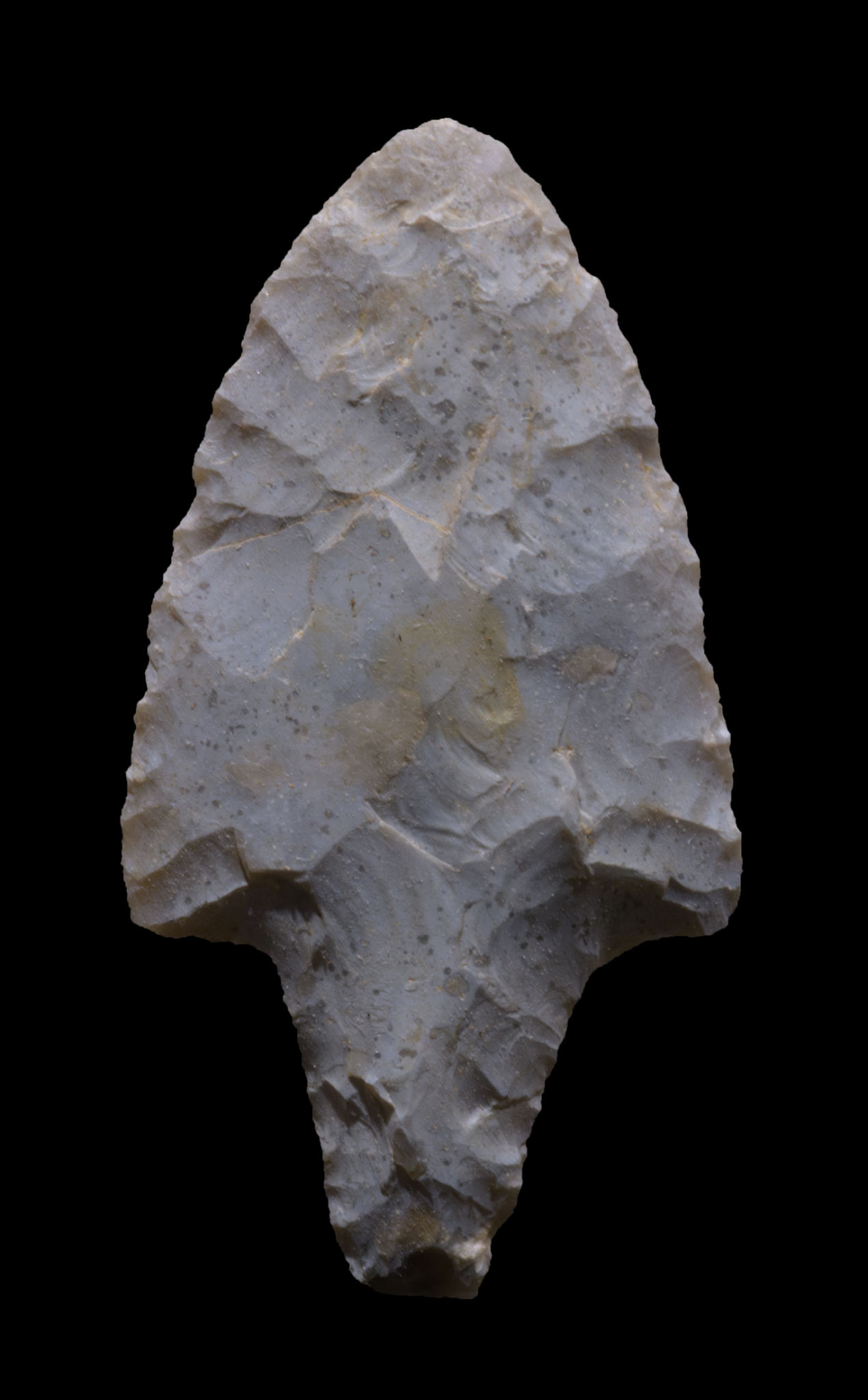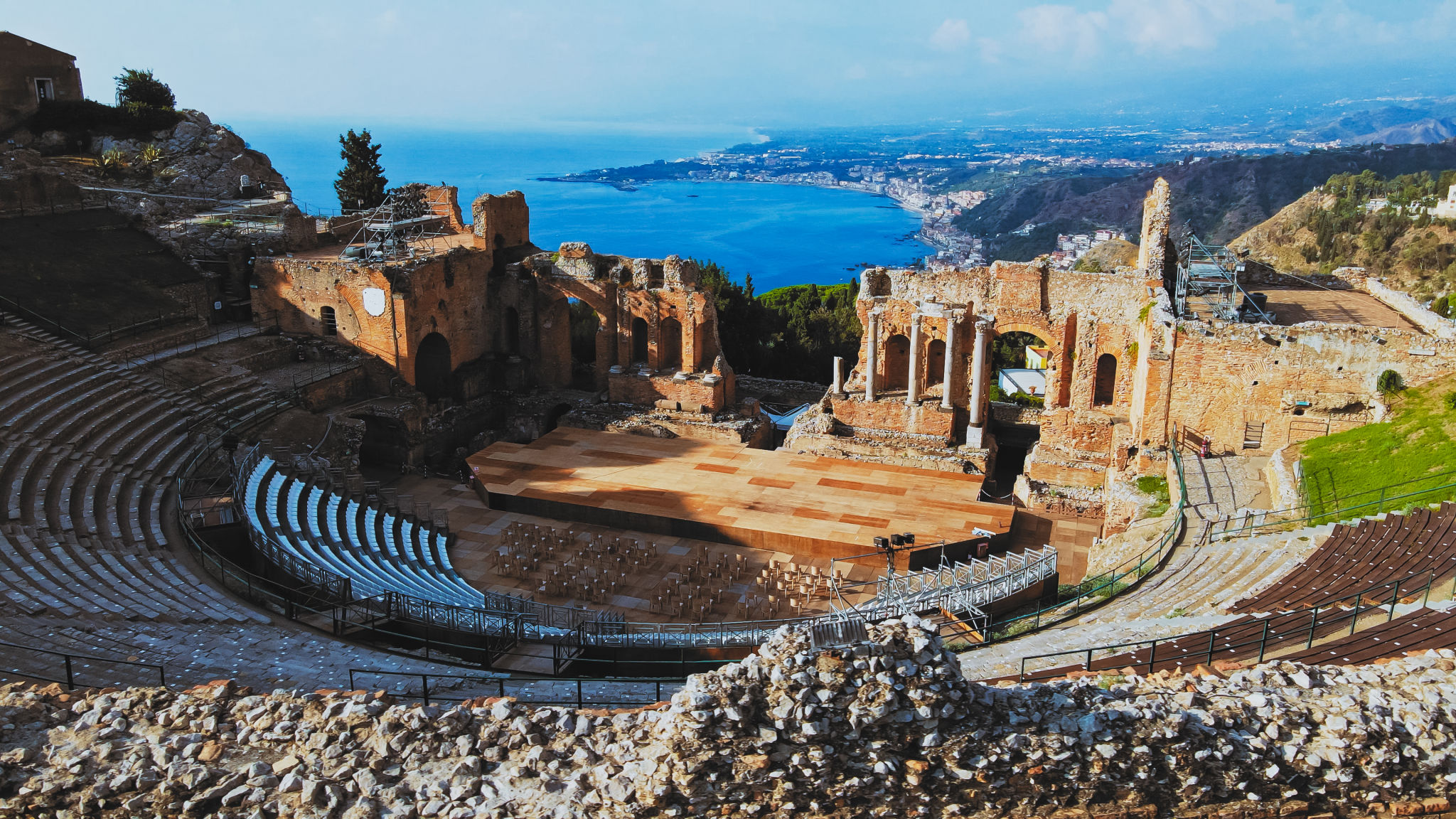Rediscovering Ancient Greece: A Journey Through Music
The Melodious Echoes of Ancient Greece
Ancient Greece, a civilization renowned for its profound contributions to art, philosophy, and politics, also holds a rich tapestry of musical traditions that continue to echo through time. Music was an integral part of Greek culture, woven into the fabric of daily life, religious ceremonies, and theatrical performances. By delving into this melodious past, we can gain a deeper understanding of how music shaped and reflected the values of ancient Greek society.
Music in ancient Greece was not merely for entertainment. It was a vital component of education and a key element in the cultivation of a well-rounded individual. The Greeks believed that learning music was essential for developing a balanced soul, alongside physical training and intellectual pursuits.

The Instruments of Antiquity
The musical instruments of ancient Greece were as diverse as their mythology. Among the most famous were the lyre and the aulos. The lyre, often associated with the god Apollo, was a stringed instrument similar to a small harp. It was a symbol of harmony and order, embodying the Greek ideal of balance and beauty.
In contrast, the aulos was a double-reeded instrument similar to an oboe. It was known for its powerful, penetrating sound and was often used in Dionysian rituals. These instruments not only provided entertainment but also played crucial roles in various aspects of Greek life, from religious ceremonies to athletic competitions.

The Role of Music in Greek Society
Music permeated every aspect of Greek society. It was featured prominently in theatrical performances, where it accompanied both tragedies and comedies. The power of music to evoke emotion and convey complex narratives was highly valued by Greek playwrights.
In religious contexts, music was an offering to the gods, believed to bring humans closer to the divine. Hymns and chants were integral parts of Greek worship, reflecting their deep spiritual connection to music as a form of communication with the divine.

Philosophical Perspectives on Music
Prominent Greek philosophers such as Plato and Aristotle extensively discussed the role of music in education and society. Plato considered music to be a moral force that could influence character and behavior. He advocated for a carefully curated musical education to nurture virtue and wisdom.
Aristotle recognized music's emotional impact and its ability to provide cathartic release. He argued that music could imitate human passions and thus play a role in emotional development. Both philosophers' insights underscore the importance placed on music as a tool for personal and societal growth.
Legacy and Influence
The legacy of ancient Greek music continues to resonate in modern times. Its principles laid the groundwork for Western musical theory and practice. The scales, modes, and harmonic concepts developed by the Greeks have influenced countless generations of musicians.
Today, scholars and musicians are rediscovering the beauty and complexity of ancient Greek music through research and reconstruction efforts. By exploring these ancient melodies, we can experience a profound connection to the past and gain insight into the cultural dynamics that shaped one of history's most influential civilizations.

A Journey Worth Taking
Rediscovering ancient Greek music is more than an academic pursuit; it is an invitation to experience the soul of an ancient world. Through its harmonious echoes, we can appreciate the timeless allure of a civilization that continues to inspire awe and wonder.
As we listen to these ancient sounds, we bridge the gap between past and present, allowing us to reflect on the enduring power of music as a universal language transcending time and space.